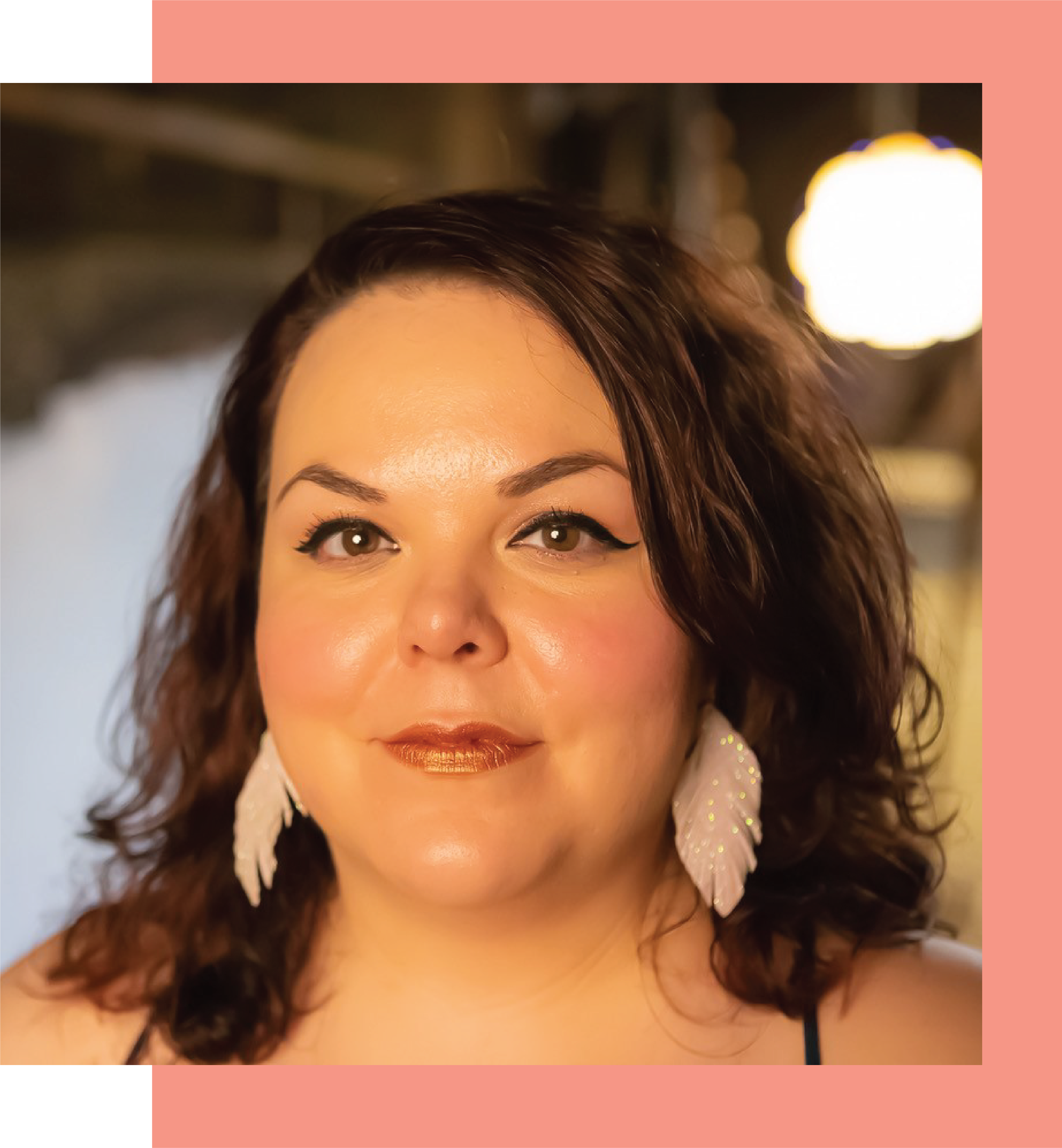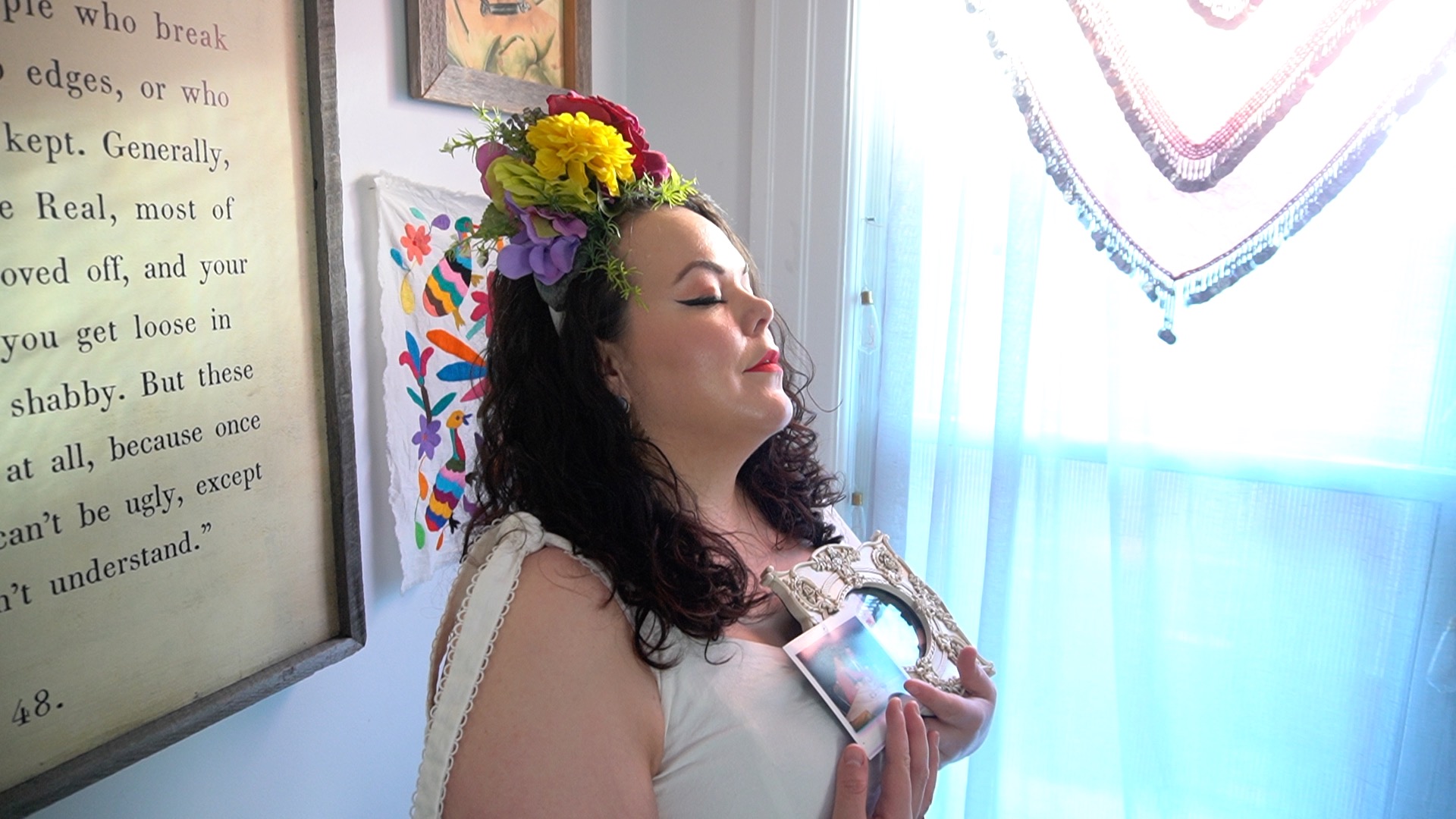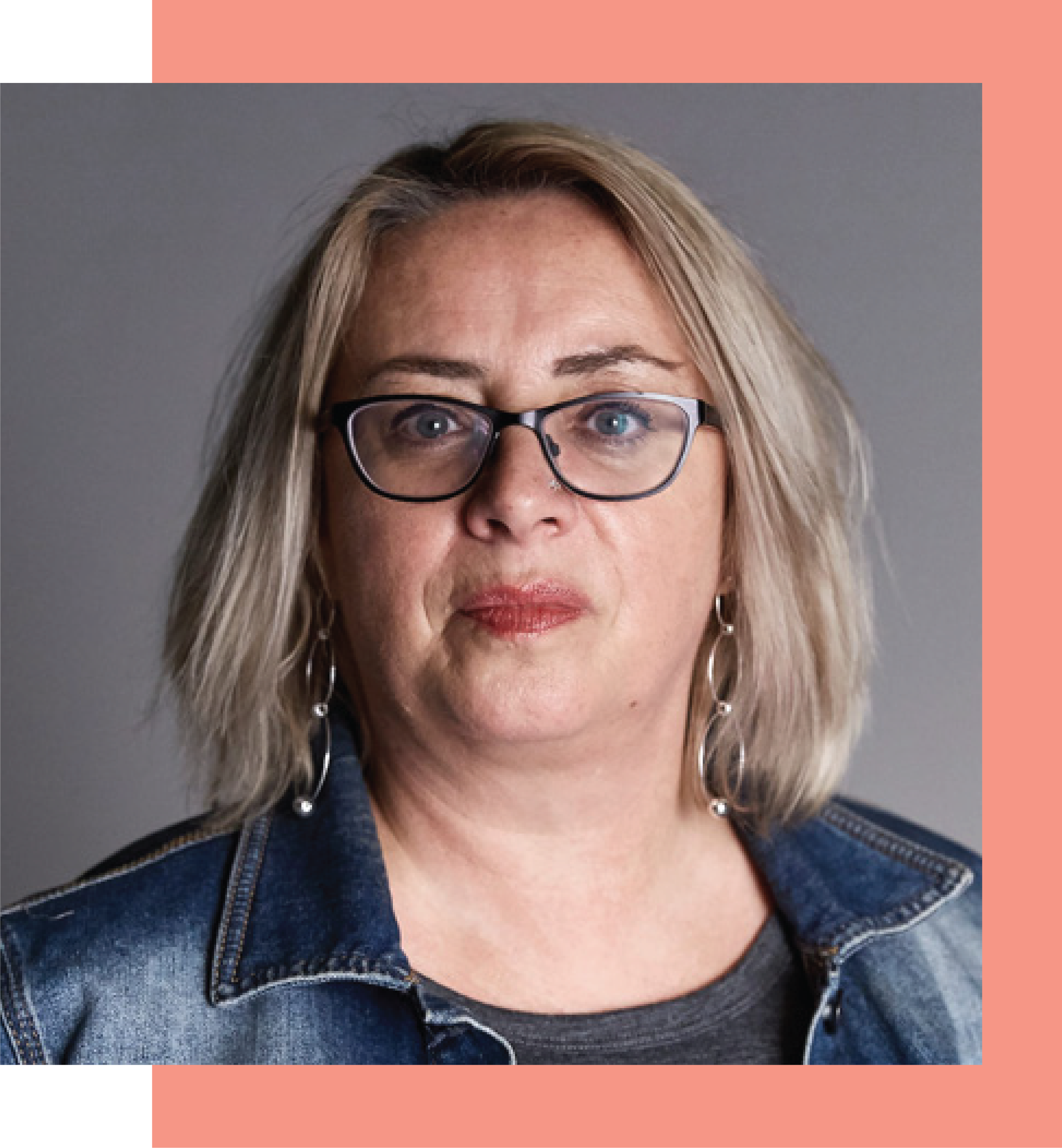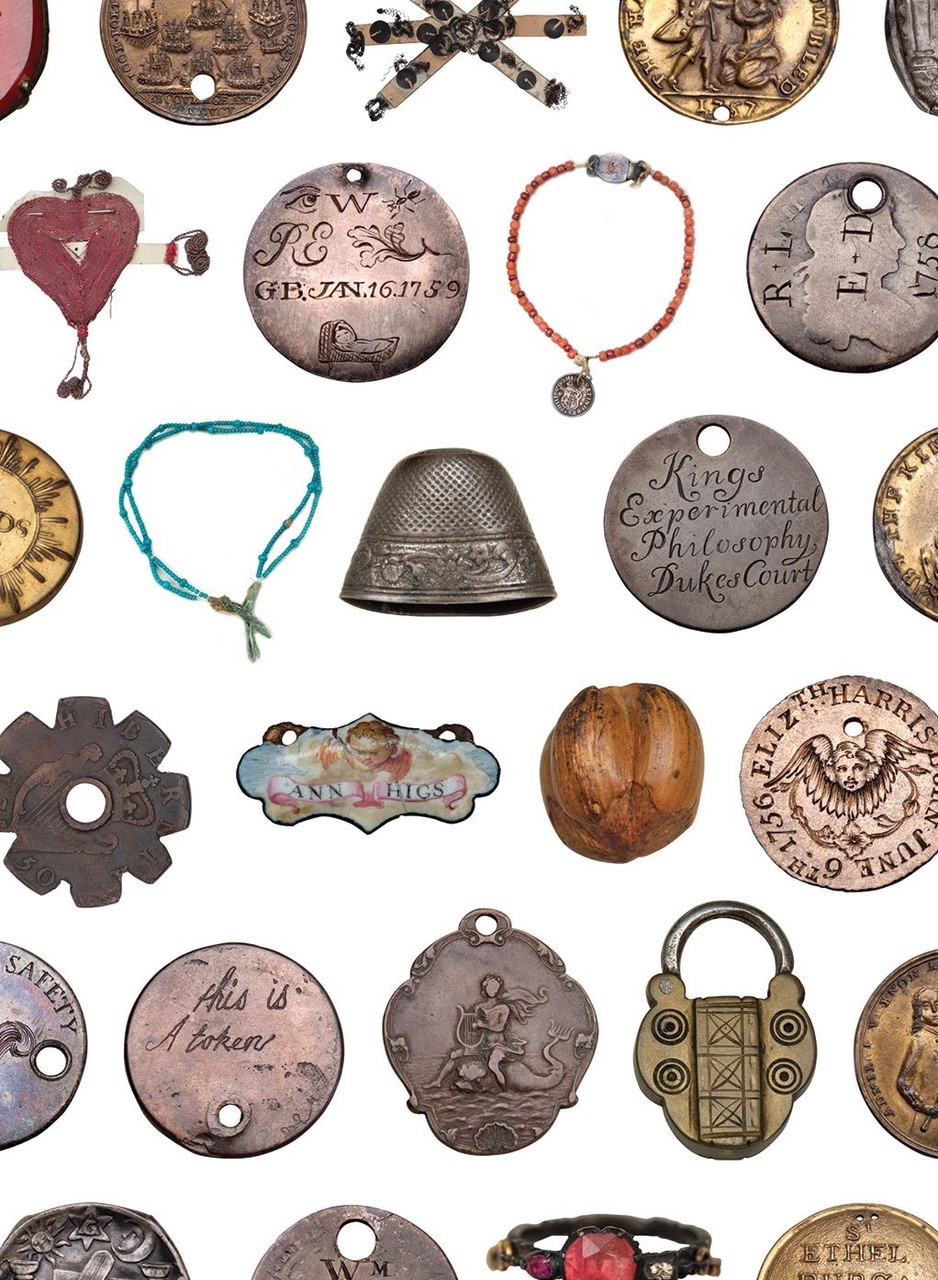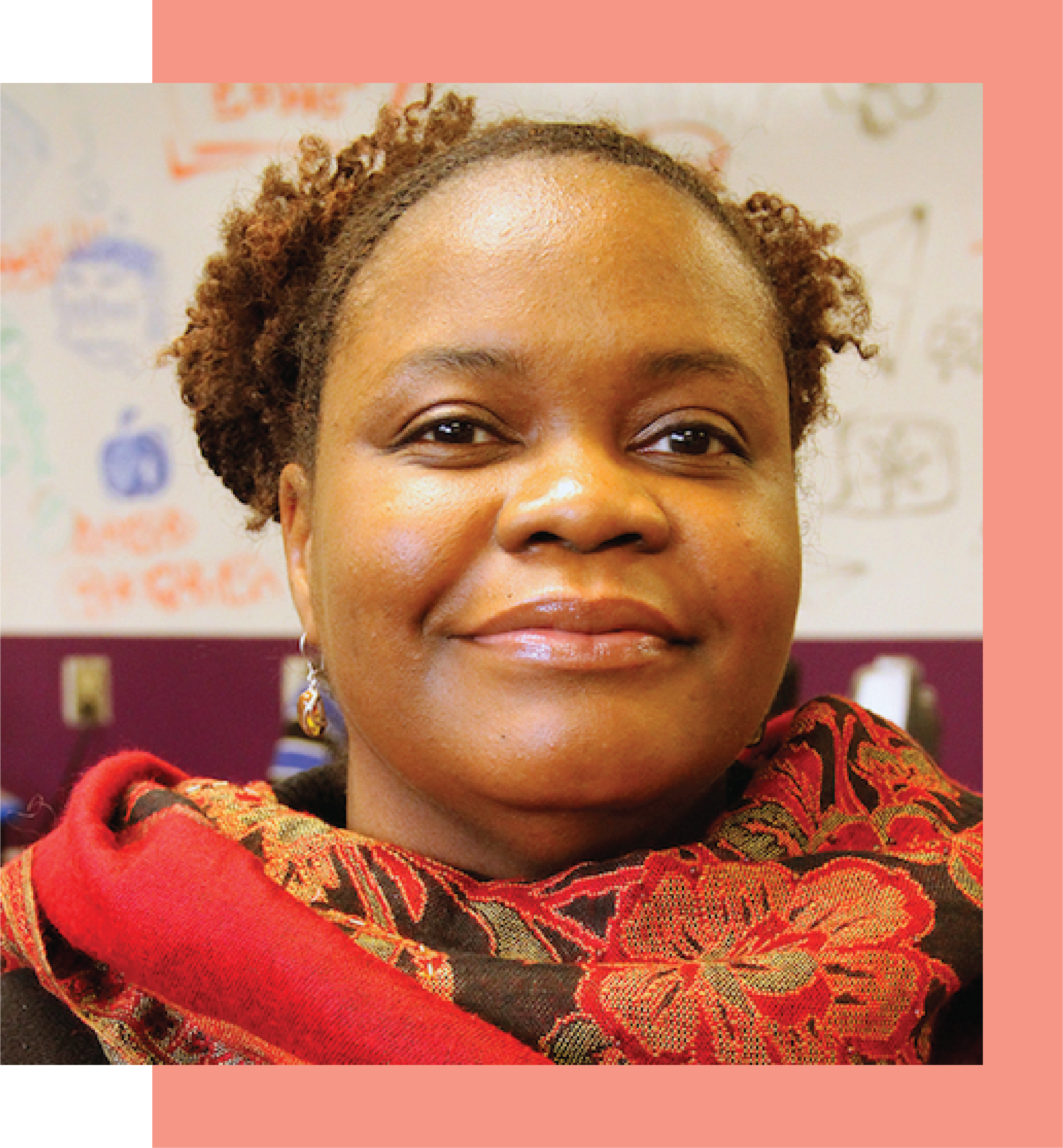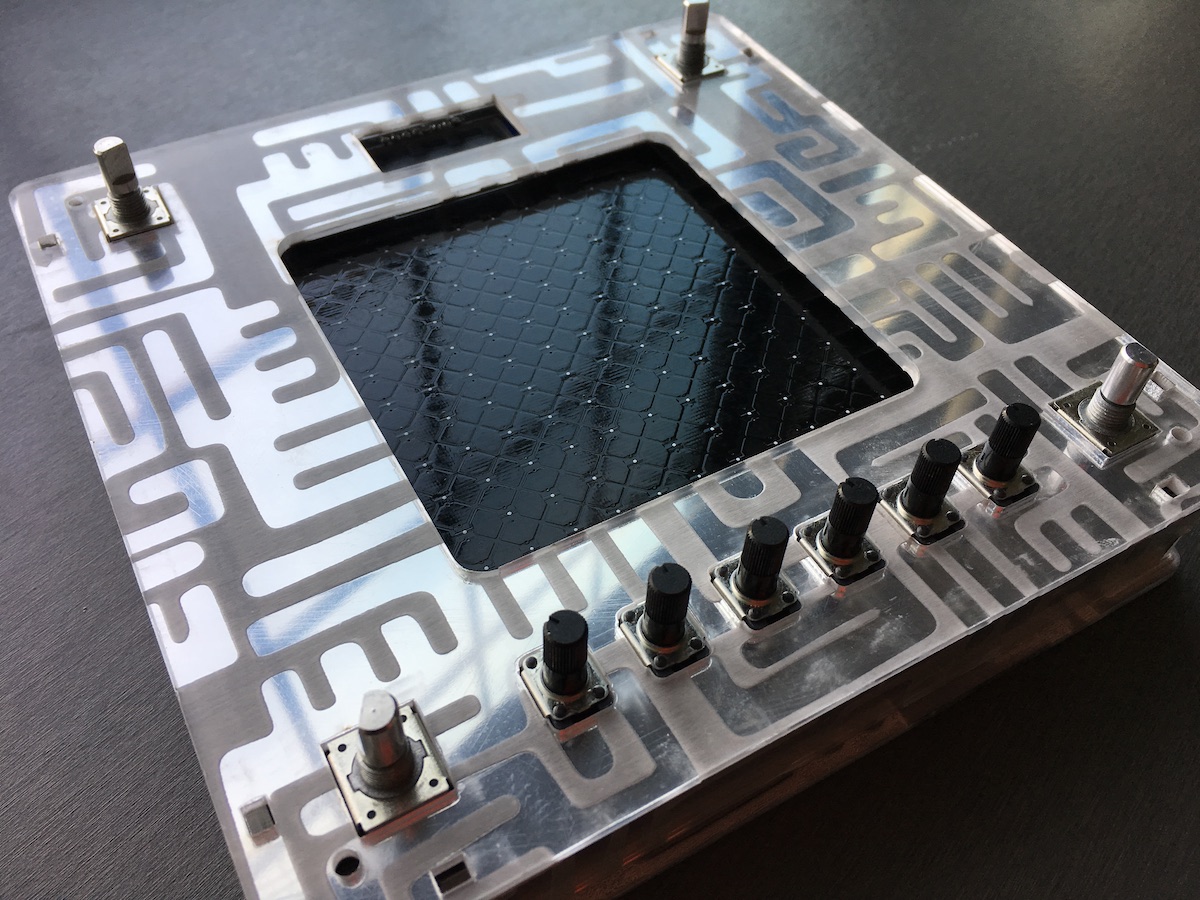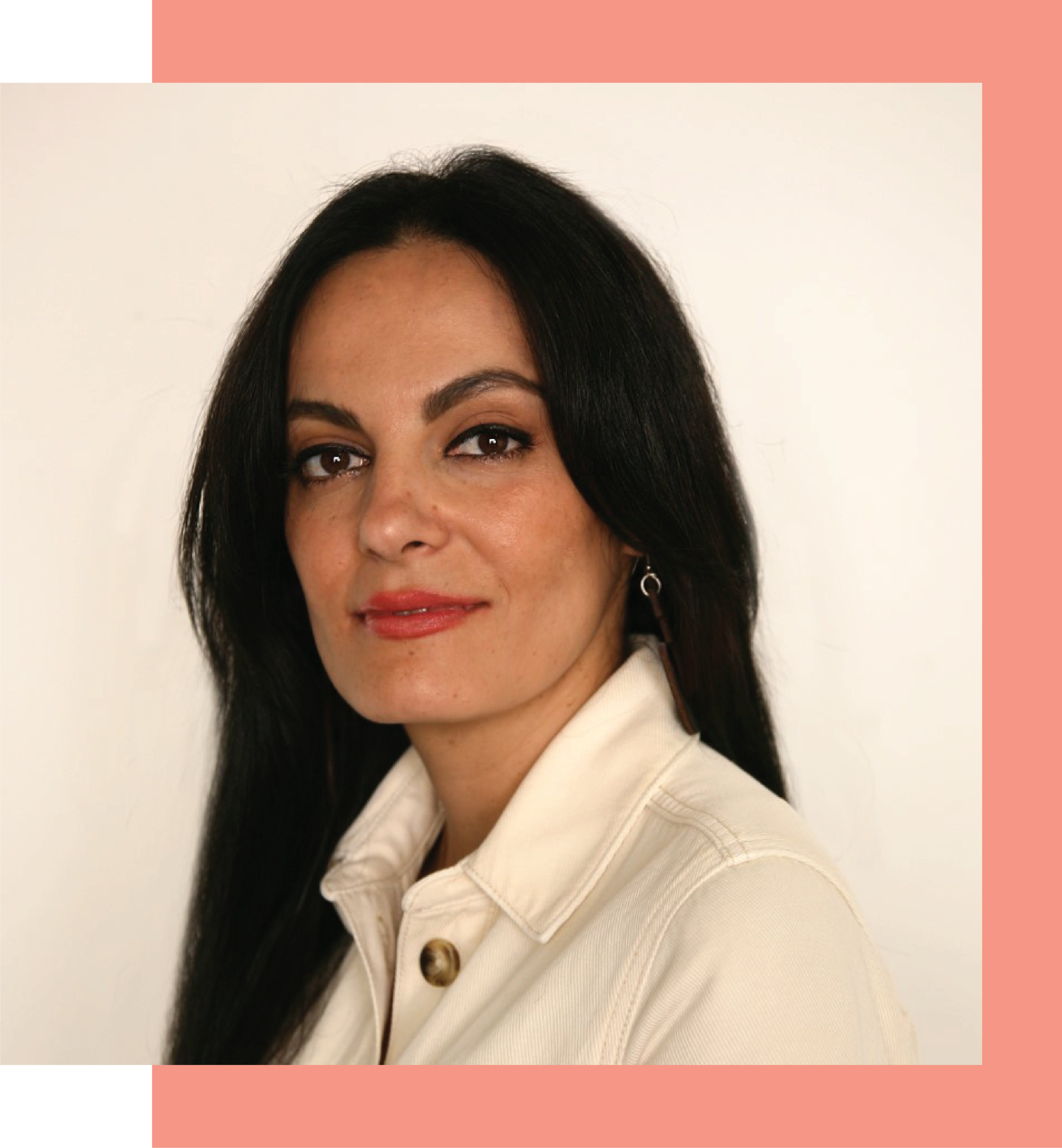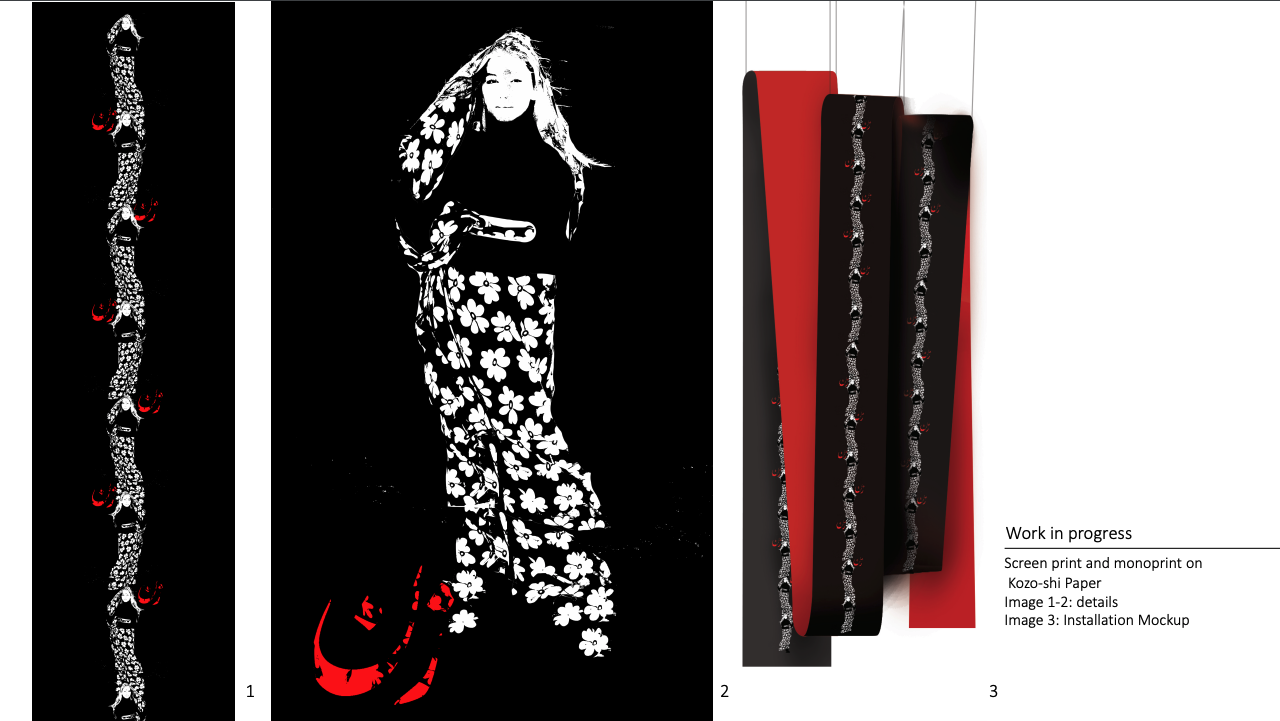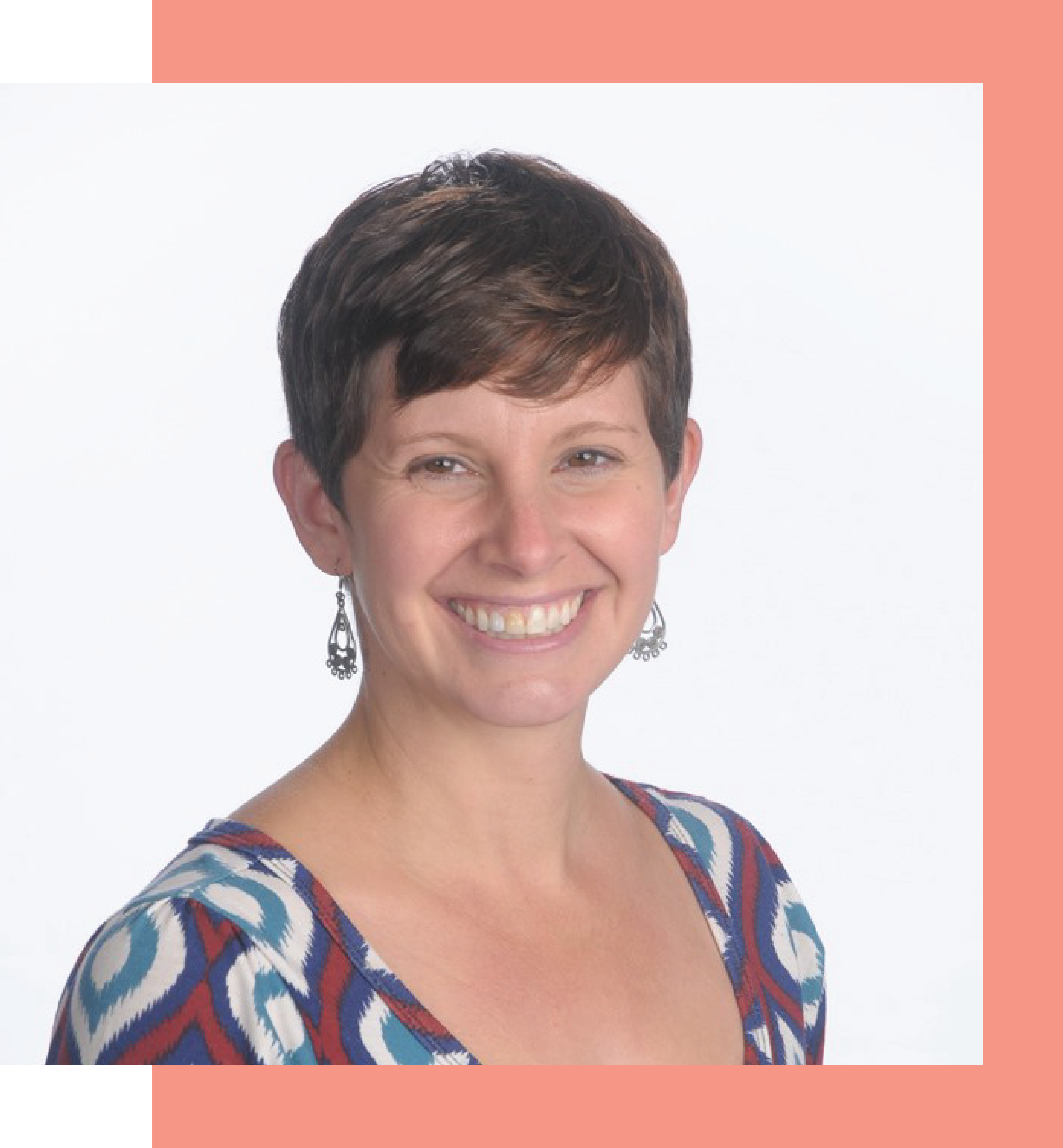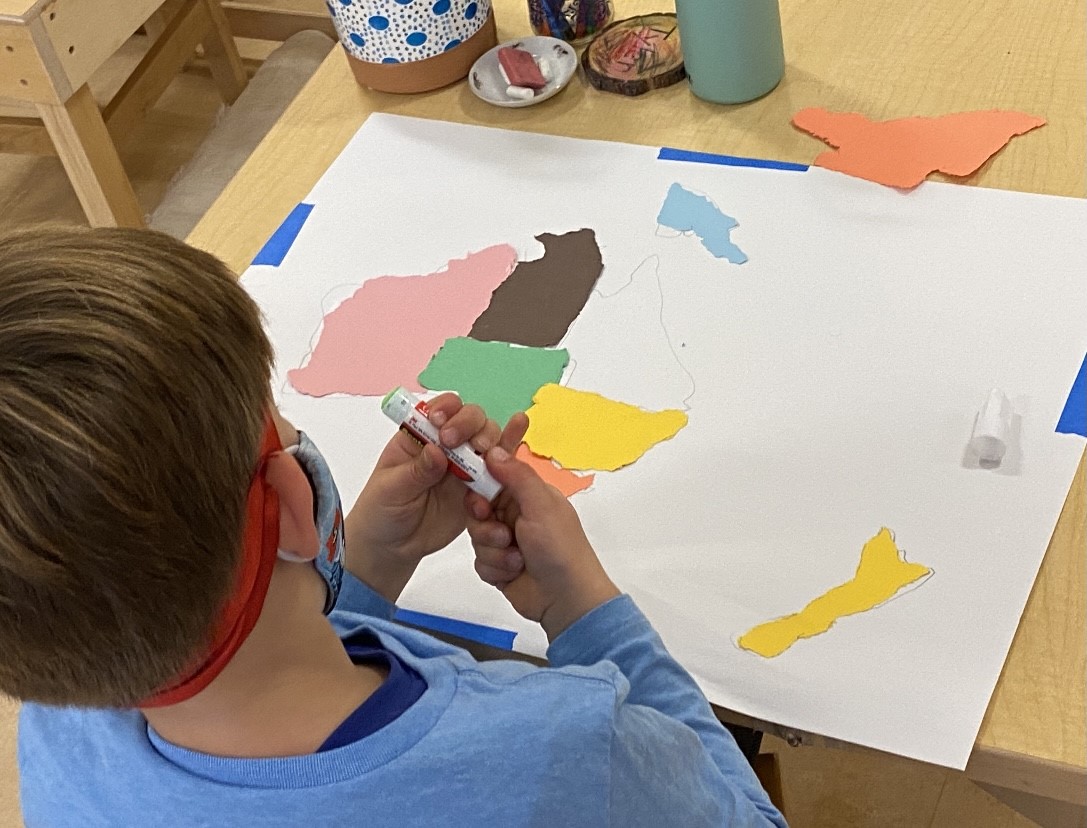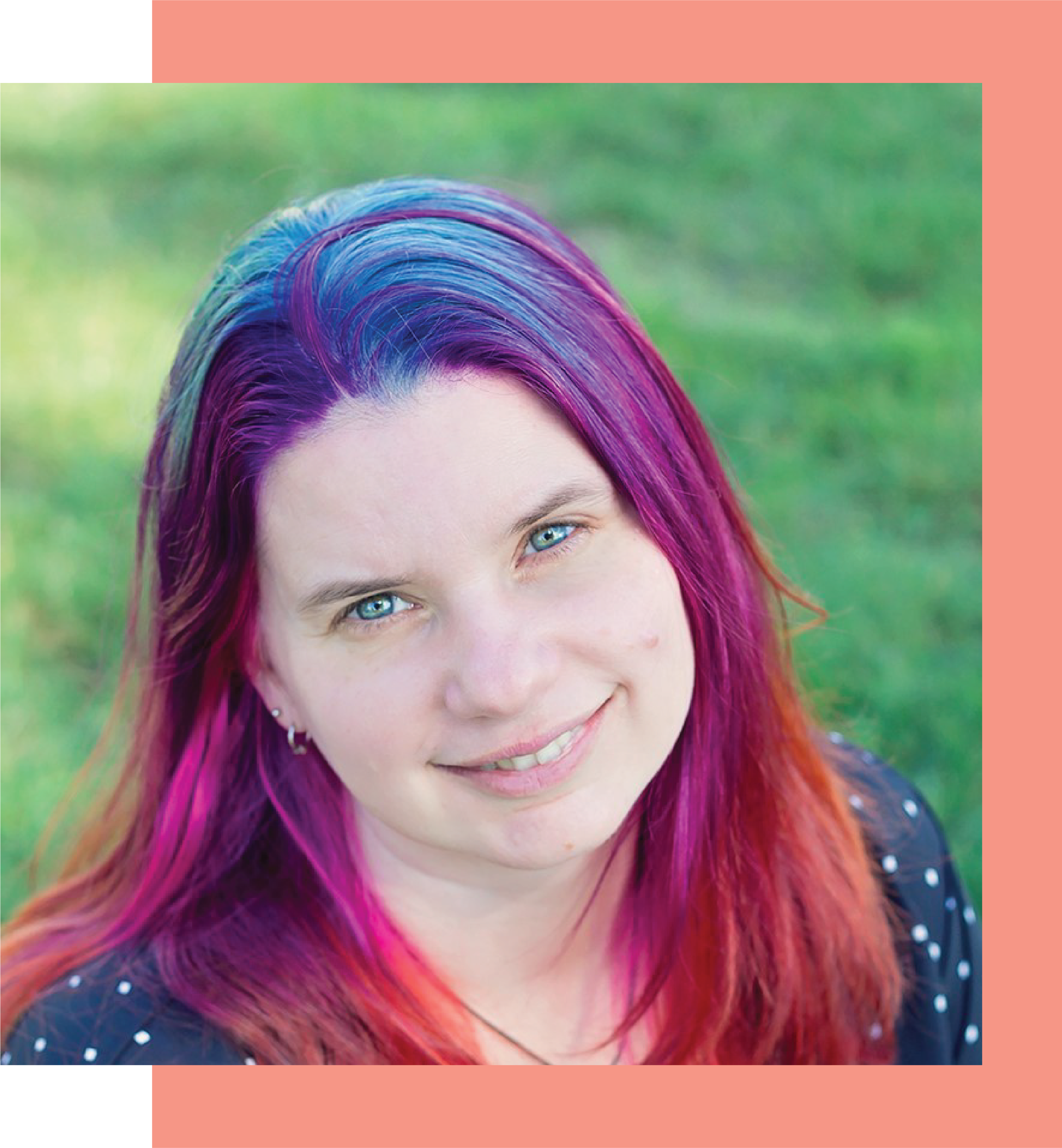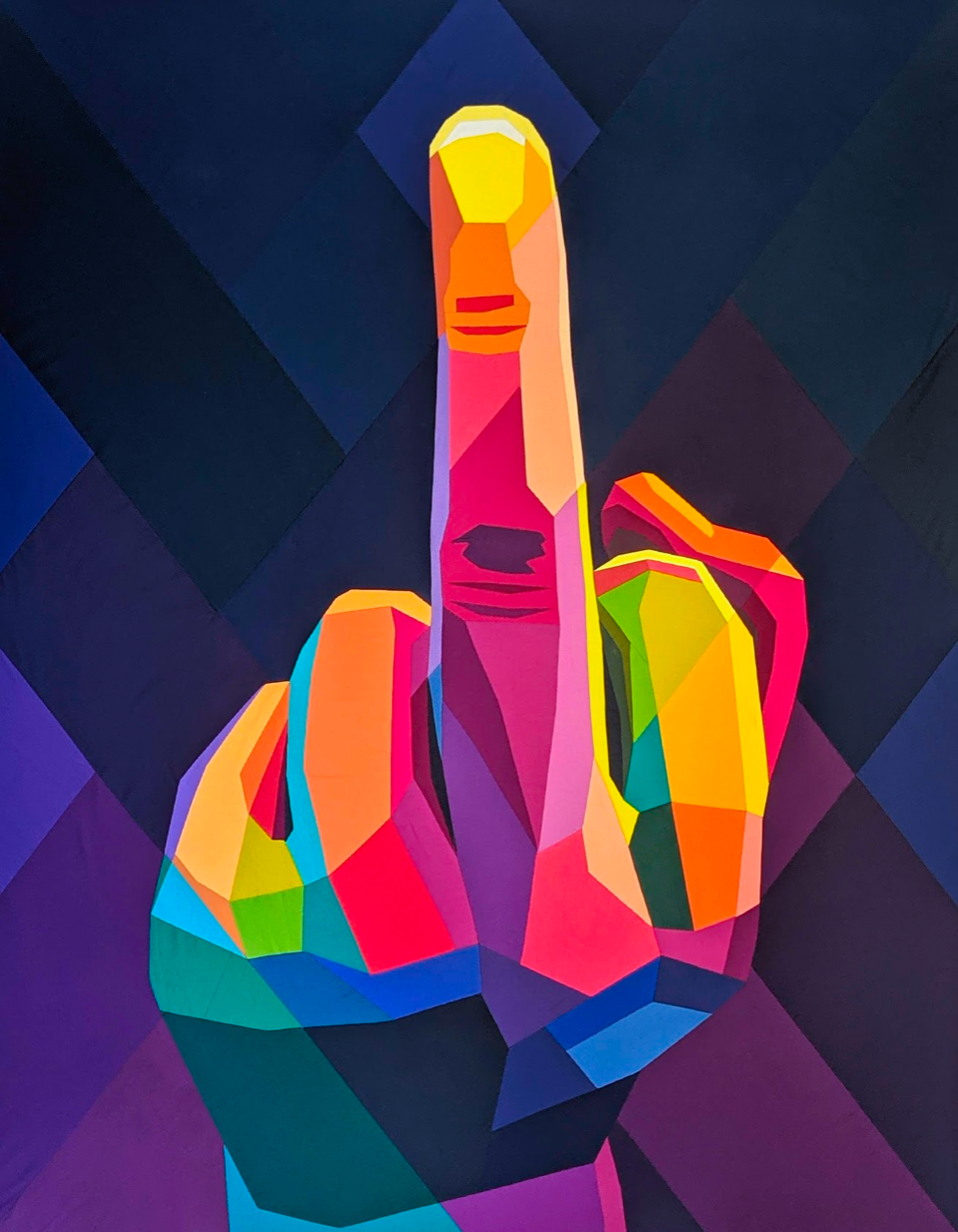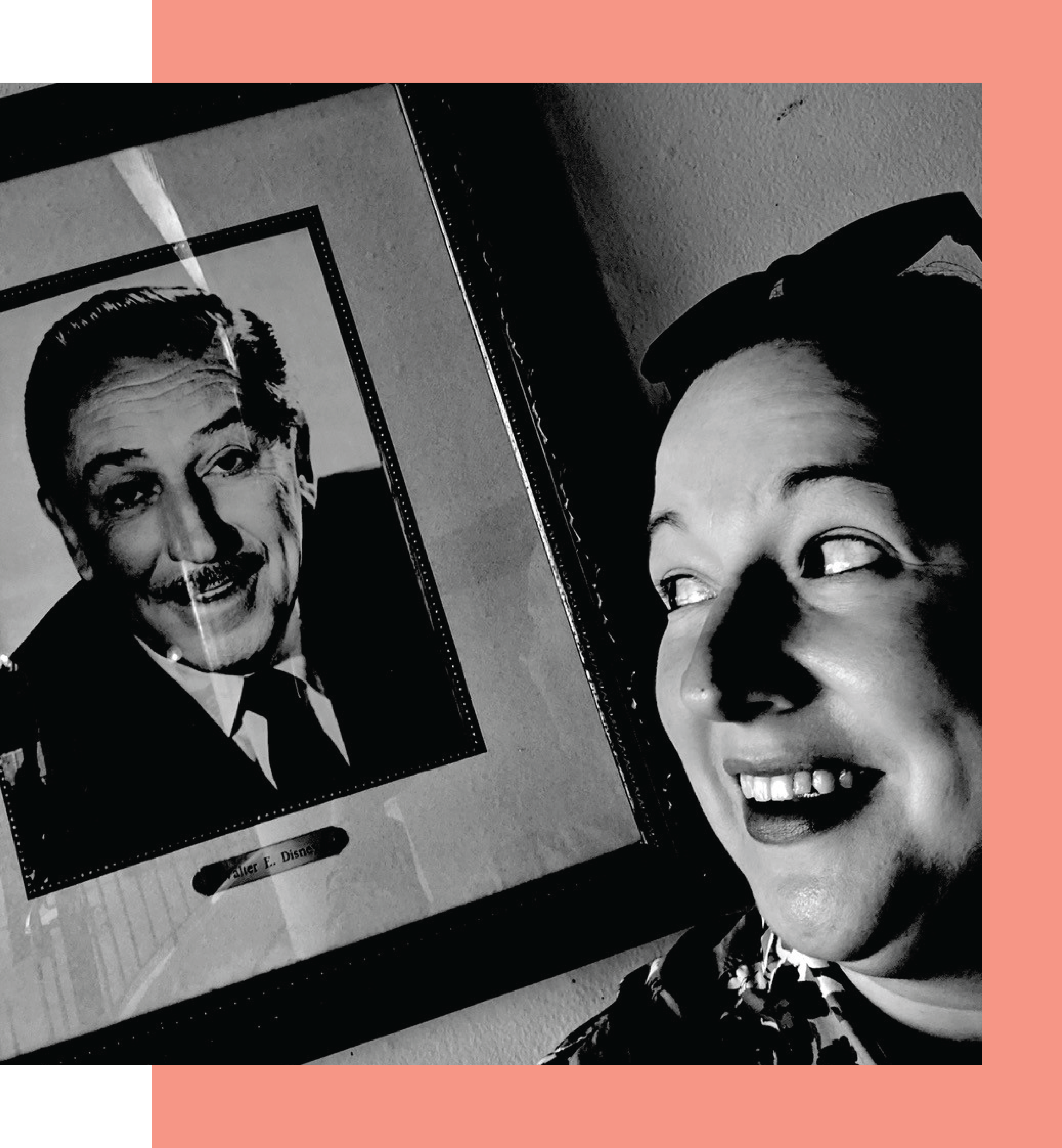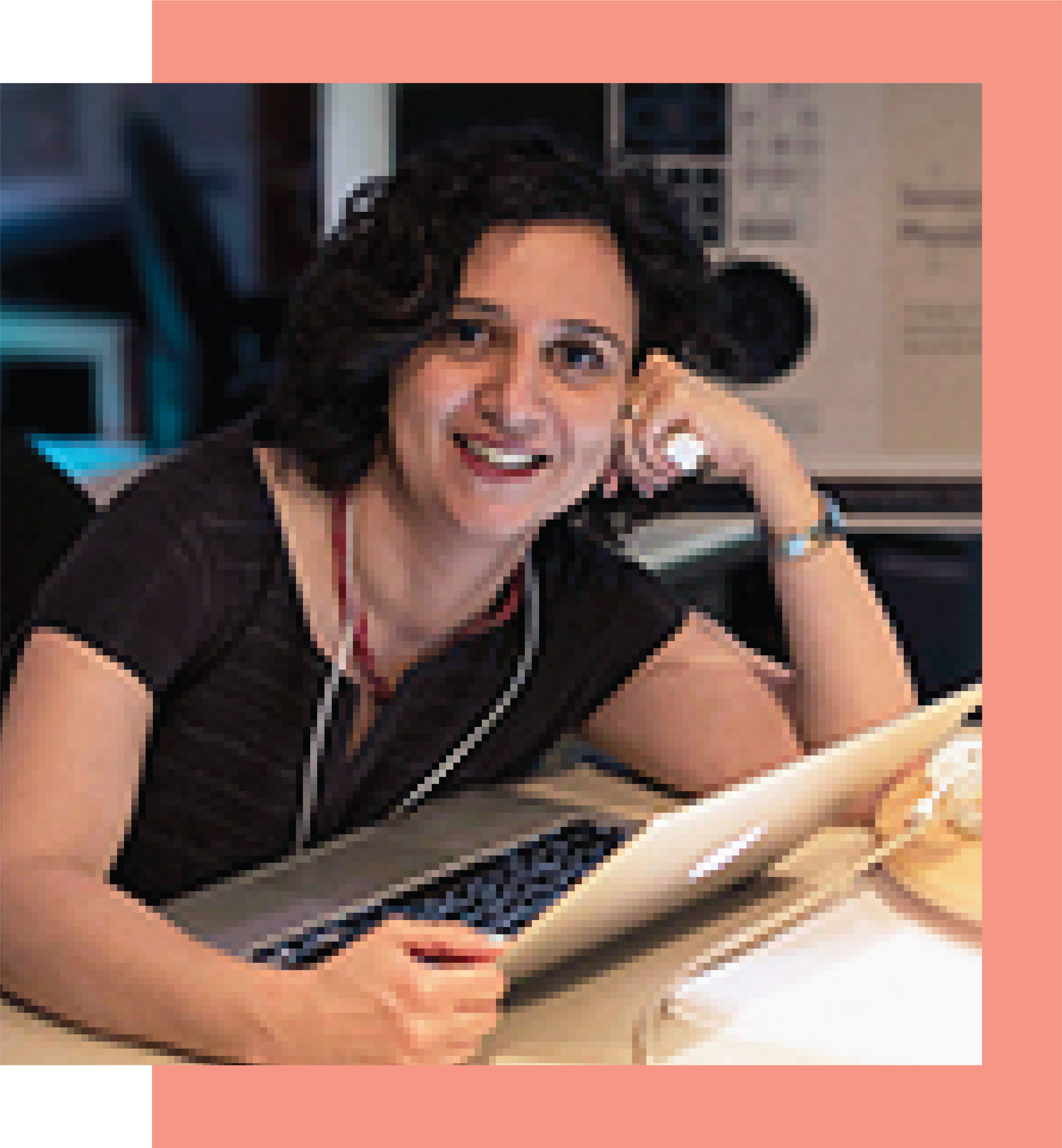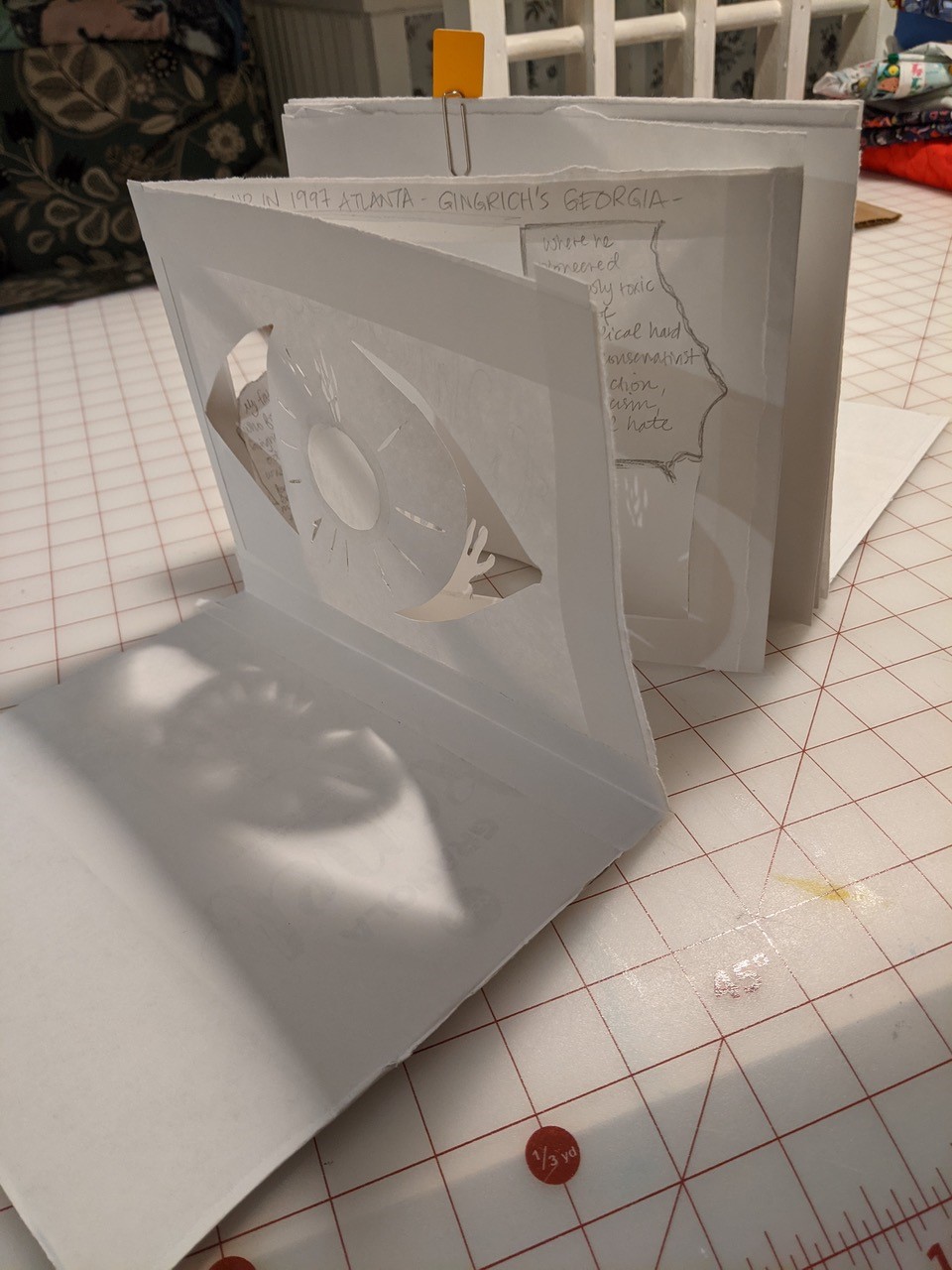Material Feminisms in the Making:
Of Messiness and Social Justice
in the Practices of Art, Design, and Education
Material Feminisms in the Making:
Of Messiness and Social Justice
in the Practices of Art, Design, and Education
MAR 8 | 10:00 AM — 12:00 PM ET
Feminist scholars and practitioners will come together at this workshop to share research and work-in-practice that encounters and intersects the material in meaningful ways. Presenters include activists, artists, performers, educators, and designers from across academic and professional institutions in the US, Europe, and the UK. Participants will share works currently in progress with a focus on making processes that foreground its provisional nature and be in conversation together about the messiness and exuberance of the feminist making act/s with the aims of advancing social justice.
ORGANIZERS
STUDENT COLLABORATORS
Aditya Anupam, PhD Candidate, Digital Media, Georgia Tech
Pooja Casula, PhD Student, Digital Media, Georgia Tech
Shubhangi Gupta, PhD Student, Digital Media, Georgia Tech
FUNDERS AND SPONSORS
Digital Integrative Liberal Arts Center, Georgia Tech
➚
Ethics, Technology, and Human Interaction Center (ETHICx), Georgia Tech
➚
PARTICIPANTS
Diana Alvarez
Singer-Songwriter, Poet, Composer, Filmmaker, Educator, and Scholar
Sharon Clark
Playwright & Creative Director of Raucous theatre, Senior Lecturer,
University of West England
Nettrice R. Gaskins
Digital Artist, Cultural Critic, and Assistant Director of Lesley STEAM Learning Lab
Sanaz Haghani
Printmaker, Graphic Designer, and Adjunct Instructor at Rowan-Cabarrus Community College
Erin Mergil
Assistant Head of School, Woodland Hill Montessori School
Jessa Pelizari
Primary Head Teacher, Woodland Hill Montessori School
Anne Sullivan
Assistant Professor, Director of StoryCraft Research Lab, Georgia Institute of Technology
Rebecca Rouse
Senior Lecturer, GAME: Game, Art, Media, Experience Research Group, University of Skövde, Sweden
Nassim Parvin
Associate Professor, School of Literature, Media, and Communication, Georgia Institute of Technology
MAR 8 | 10:00 AM — 12:00 PM ET
ORGANIZERS
STUDENT COLLABORATORS
Aditya Anupam, PhD Candidate, Digital Media, Georgia Tech
Pooja Casula, PhD Student, Digital Media, Georgia Tech
Shubhangi Gupta, PhD Student, Digital Media, Georgia Tech
FUNDERS AND SPONSORS
Digital Integrative Liberal Arts Center, Georgia Tech
Ethics, Technology, and Human Interaction Center (ETHICx), Georgia Tech


